So, you’re planning a trip to France? That’s exciting! Imagine strolling through Paris, ordering a croissant in a cozy café, or asking for directions to the Eiffel Tower — but in French! Sounds amazing, right?
Many travelers like you worry about language barriers, but honestly, you don’t need to be fluent to make your trip smooth and memorable.
A few essential French phrases for travel can make a huge difference. They help you connect with locals, show respect for their culture, and make every interaction — whether at a restaurant, train station, or market — much more enjoyable.
🌍 Why It Matters
Learning essential French phrases for travel isn’t just about communication — it’s about connection. French locals truly appreciate when visitors make an effort to speak their language, even if it’s just a few words. It shows politeness and interest in their culture.
Imagine you’re lost in a small French town. Saying “Excusez-moi, où est la gare ?” (Excuse me, where is the train station?) will get you far more help — and smiles — than just speaking English.
These phrases also help you avoid misunderstandings. Simple greetings, polite expressions, and travel-related terms make daily interactions much smoother — whether you’re taking a taxi, dining out, or shopping at a local market. Let’s break down the essential French phrases by category so you can learn them quickly and confidently.
👋 Basic Greetings and Polite Expressions
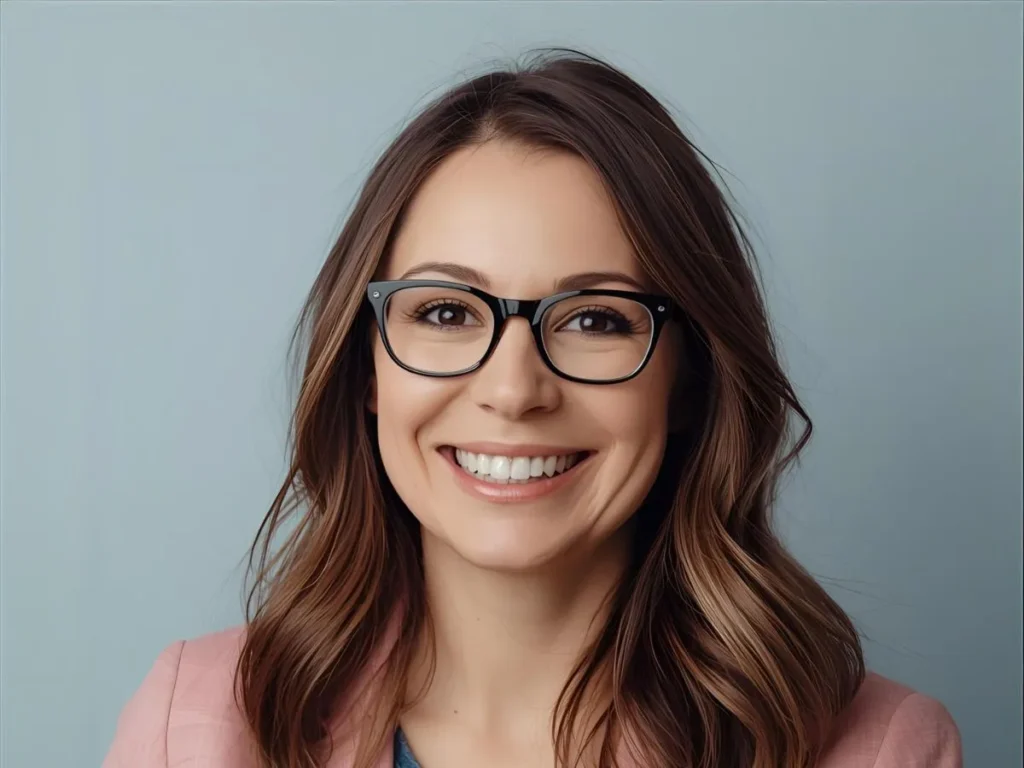
Politeness goes a long way in France. Start your day with a smile and the right greeting — it opens doors (literally and figuratively).
Bonjour – Hello / Good morning
Explanation: A universal greeting used during the day.
Use When: Entering shops, greeting strangers, or starting any conversation.
Example: “Bonjour! Comment ça va?” (Hello! How are you?)
Bonsoir – Good evening
Explanation: Use this greeting after sunset.
Use When: Arriving somewhere in the evening.
Example: “Bonsoir, Monsieur Dupont!”
Merci beaucoup – Thank you very much
Explanation: Expressing gratitude is always appreciated.
Use When: After receiving help or service.
Example: “Merci beaucoup pour votre aide!” (Thank you very much for your help!)
S’il vous plaît – Please
Explanation: The magic word in French etiquette.
Use When: Making requests politely.
Example: “Un croissant, s’il vous plaît.”
Au revoir – Goodbye
Explanation: A polite way to end conversations or leave a place.
Use When: Leaving a café, store, or conversation.
Example: “Au revoir et bonne journée!” (Goodbye and have a nice day!)
🏨 At the Hotel

Checking into a hotel is easy when you know the right phrases.
J’ai une réservation – I have a reservation
Explanation: Helps you confirm your booking smoothly.
Use When: At the reception desk.
Example: “Bonjour, j’ai une réservation au nom de Ali.”
Avez-vous une chambre disponible ? – Do you have a room available?
Explanation: Perfect for last-minute travelers.
Use When: Looking for accommodation.
Example: “Bonsoir, avez-vous une chambre disponible pour deux nuits?”
À quelle heure est le petit-déjeuner ? – What time is breakfast?
Explanation: Keeps you on time for your morning meal.
Use When: At check-in or during your stay.
Example: “À quelle heure est le petit-déjeuner demain matin ?”
Puis-je avoir la clé, s’il vous plaît ? – May I have the key, please?
Explanation: Handy for retrieving your room key.
Use When: Returning to your hotel.
Example: “Bonjour! Puis-je avoir la clé de la chambre 204, s’il vous plaît ?”
🍽️ At Restaurants and Cafés
Food is at the heart of French culture. Here’s how to order like a pro!
Je voudrais… – I would like…
Explanation: A polite way to order.
Use When: Asking for food or drinks.
Example: “Je voudrais un café et un croissant, s’il vous plaît.”
L’addition, s’il vous plaît – The bill, please
Explanation: Essential when you’re ready to pay.
Use When: After finishing your meal.
Example: “L’addition, s’il vous plaît. C’était délicieux !”
C’est combien ? – How much is it?
Explanation: Great for checking prices anywhere.
Use When: Paying for food, drinks, or souvenirs.
Example: “C’est combien pour une bouteille d’eau ?”
Un menu, s’il vous plaît – A menu, please
Explanation: Start every meal request with this.
Use When: Sitting down in a café or restaurant.
Example: “Un menu, s’il vous plaît, Madame.”
🗺️ Asking for Directions
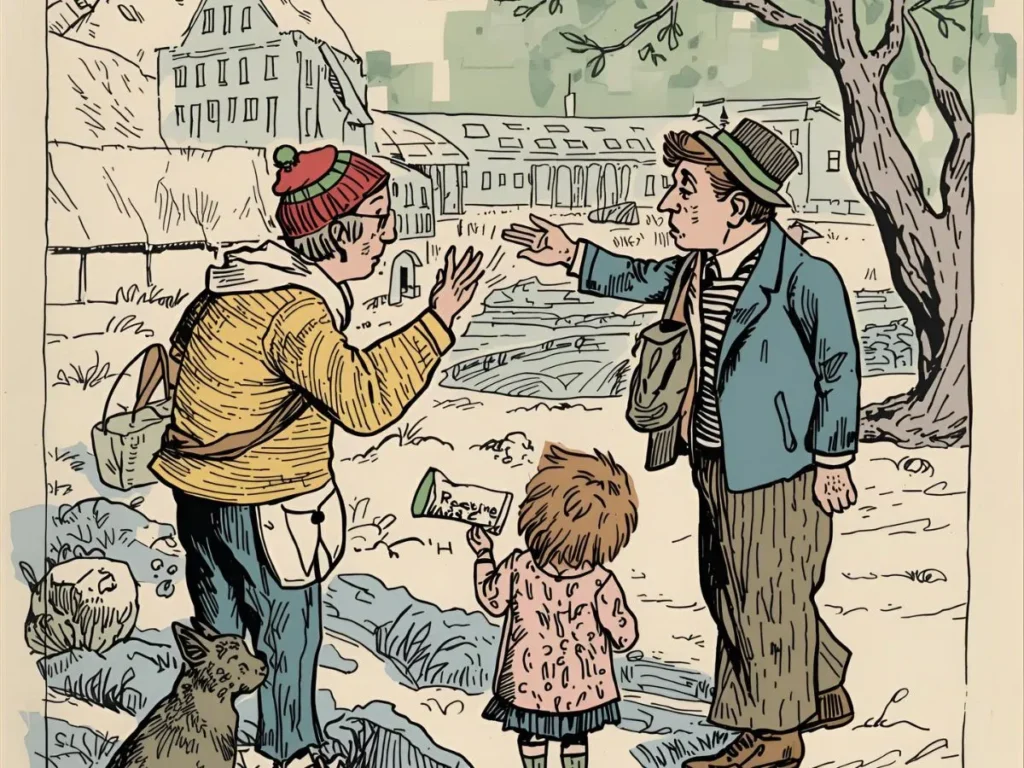
Getting lost in a charming French town can be fun — if you know how to ask for directions!
Où est… ? – Where is…?
Explanation: Use this to find any place.
Use When: Asking locals for directions.
Example: “Où est la gare ?” (Where is the train station?)
À gauche / À droite – To the left / To the right
Explanation: Simple words that will help you follow directions.
Use When: Understanding replies from locals.
Example: “La boulangerie est à droite.” (The bakery is on the right.)
Est-ce loin ? – Is it far?
Explanation: Helps gauge walking or travel time.
Use When: After getting directions.
Example: “Est-ce loin d’ici ?” (Is it far from here?)
Je suis perdu(e) – I am lost
Explanation: Use this if you’re really turned around!
Use When: Seeking help politely.
Example: “Excusez-moi, je suis perdu. Pouvez-vous m’aider ?”
🚆 Transportation and Getting Around
Navigating public transport is easy with these handy phrases.
Un billet pour Paris, s’il vous plaît – A ticket to Paris, please
Explanation: Useful at train or bus stations.
Use When: Buying tickets.
Example: “Un billet pour Lyon, s’il vous plaît.”
Où est la station de métro la plus proche ? – Where is the nearest metro station?
Explanation: Helps you find your way in cities like Paris.
Use When: Asking locals or hotel staff.
Example: “Où est la station de métro la plus proche ?”
À quelle heure part le train ? – What time does the train leave?
Explanation: Keeps your schedule on track.
Use When: At stations.
Example: “À quelle heure part le train pour Marseille ?”
C’est combien pour un ticket ? – How much for a ticket?
Explanation: Great for confirming prices before purchase.
Use When: Buying tickets or boarding transport.
Example: “C’est combien pour un ticket de bus ?”
🛍️ Shopping and Markets
Shopping in France is a delight — especially when you speak like a local!
Je regarde, merci – I’m just looking, thank you
Explanation: Use when browsing politely.
Use When: In stores or markets.
Example: “Je regarde, merci.”
Avez-vous ceci en taille M ? – Do you have this in size M?
Explanation: Ideal for clothes shopping.
Use When: Asking for a different size.
Example: “Avez-vous ceci en taille 38 ?”
C’est trop cher ! – It’s too expensive!
Explanation: A fun one for bargaining.
Use When: Negotiating in local markets.
Example: “Oh là là, c’est trop cher !”
Je vais le prendre – I’ll take it
Explanation: Use when you’ve decided to buy.
Use When: Finalizing a purchase.
Example: “Je vais le prendre, merci.”
🩺 Emergencies and Health
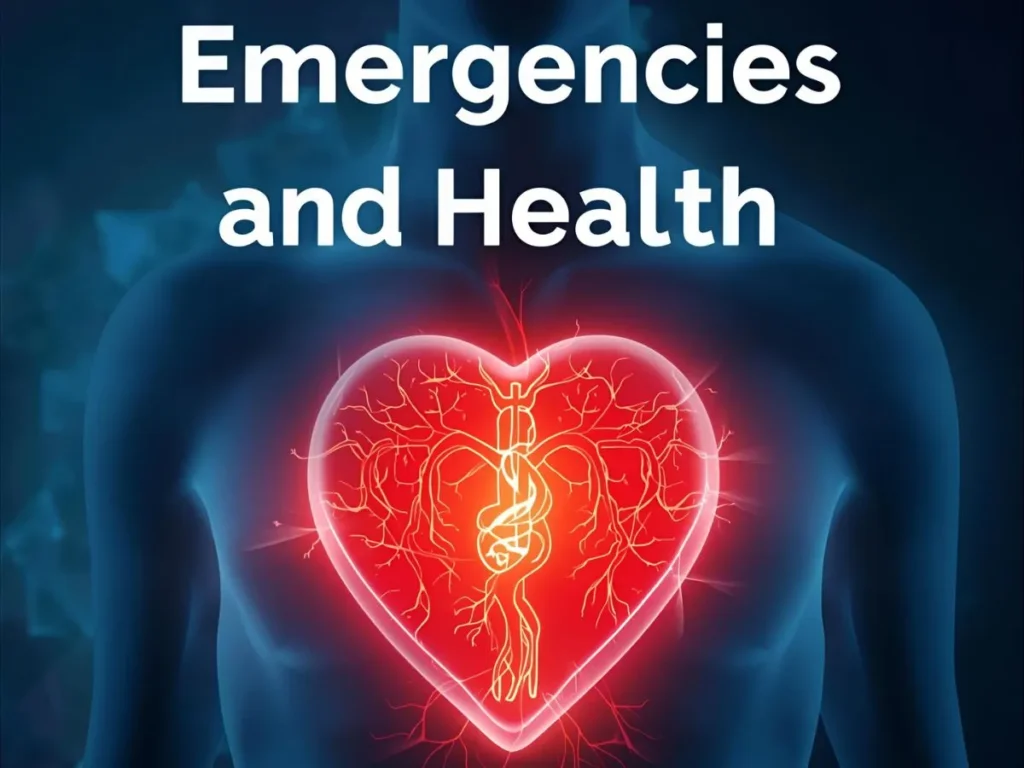
Safety first! Here are phrases you’ll hope you never need — but should know just in case.
J’ai besoin d’aide ! – I need help!
Explanation: Emergency phrase for urgent situations.
Use When: In accidents or health issues.
Example: “J’ai besoin d’aide ! Mon ami est blessé !”
Appelez une ambulance ! – Call an ambulance!
Explanation: Immediate phrase for medical emergencies.
Use When: Someone is injured or ill.
Example: “Appelez une ambulance, s’il vous plaît !”
Où est la pharmacie ? – Where is the pharmacy?
Explanation: Common question for medication or first aid.
Use When: Looking for medicine.
Example: “Où est la pharmacie la plus proche ?”
❤️ Making Friends and Small Talk
Want to connect with locals? These light phrases will help you start a friendly conversation.
Comment ça va ? – How are you?
Explanation: A simple, friendly opener.
Use When: Greeting someone casually.
Example: “Salut ! Comment ça va ?”
Je m’appelle… – My name is…
Explanation: Introduce yourself easily.
Use When: Meeting new people.
Example: “Je m’appelle Sara.”
Enchanté(e) – Nice to meet you
Explanation: A polite response when meeting someone.
Use When: After introductions.
Example: “Enchanté, Pierre !”
Vous parlez anglais ? – Do you speak English?
Explanation: Always good to check politely.
Use When: Struggling to communicate.
Example: “Excusez-moi, vous parlez anglais ?”
🧭 Bonus Recap Table
| Category | French Phrase | Meaning | Use When | Example Sentence |
|---|---|---|---|---|
| Greetings | Bonjour | Hello | Meeting people | Bonjour, comment ça va ? |
| Hotel | J’ai une réservation | I have a reservation | Checking in | Bonjour, j’ai une réservation au nom de Ali. |
| Restaurant | Je voudrais… | I would like… | Ordering food | Je voudrais un café, s’il vous plaît. |
| Directions | Où est… ? | Where is… ? | Asking for directions | Où est la gare ? |
| Transport | Un billet pour… | A ticket to… | Buying a ticket | Un billet pour Lyon, s’il vous plaît. |
| Shopping | Je regarde, merci | I’m just looking | Browsing shops | Je regarde, merci. |
| Emergency | J’ai besoin d’aide ! | I need help | During emergencies | J’ai besoin d’aide ! |
| Small Talk | Comment ça va ? | How are you? | Casual talk | Salut ! Comment ça va ? |
🌟 Final Thoughts
Traveling becomes far more meaningful when you can express yourself — even just a little — in the local language. These essential French phrases for travel will help you greet people warmly, ask for what you need, and navigate with ease.
Remember, you don’t need perfect pronunciation; what truly matters is the effort. The French value politeness and appreciation for their culture, so a simple “Bonjour” and “Merci” can open many doors.
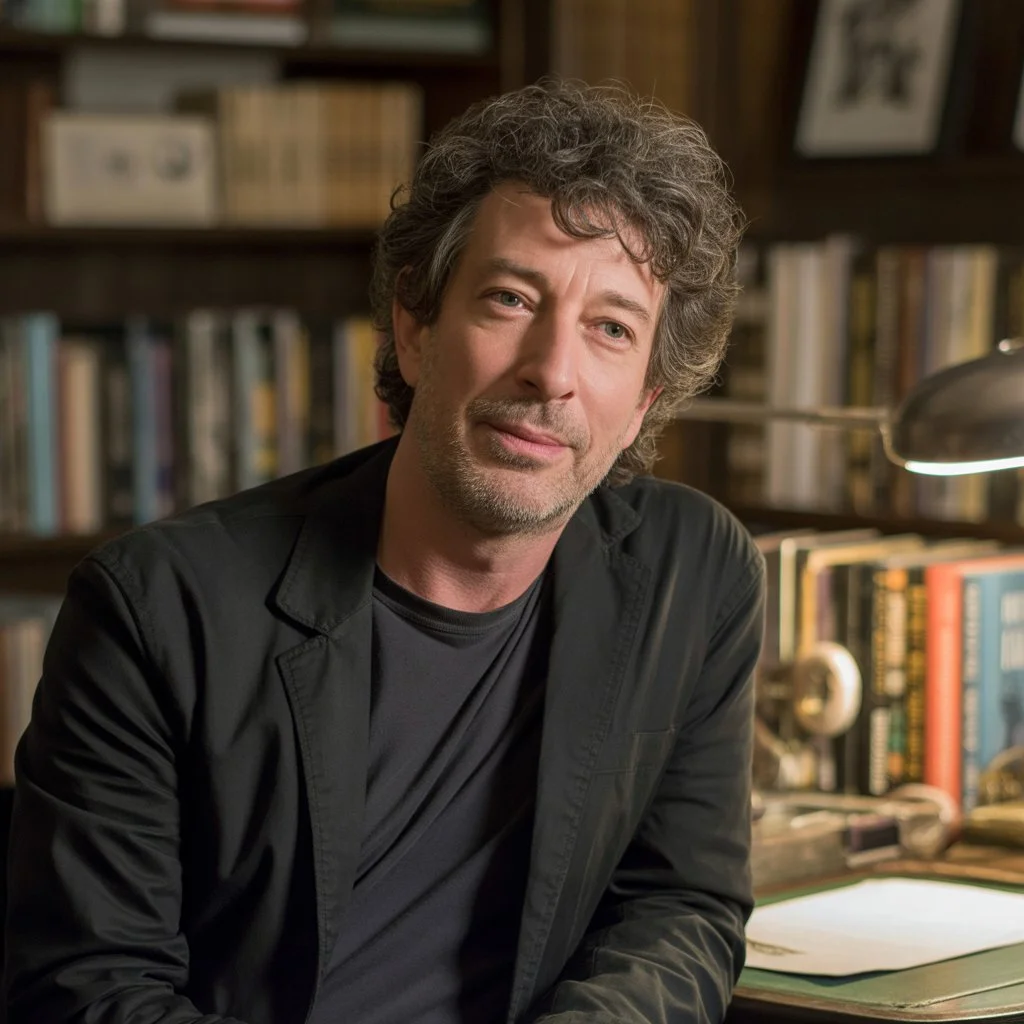
QuicklyReply helps you master real-life communication with ready-to-use English phrases for work, travel, and daily life—perfect for teachers, learners, and professionals seeking quick, natural expressions.
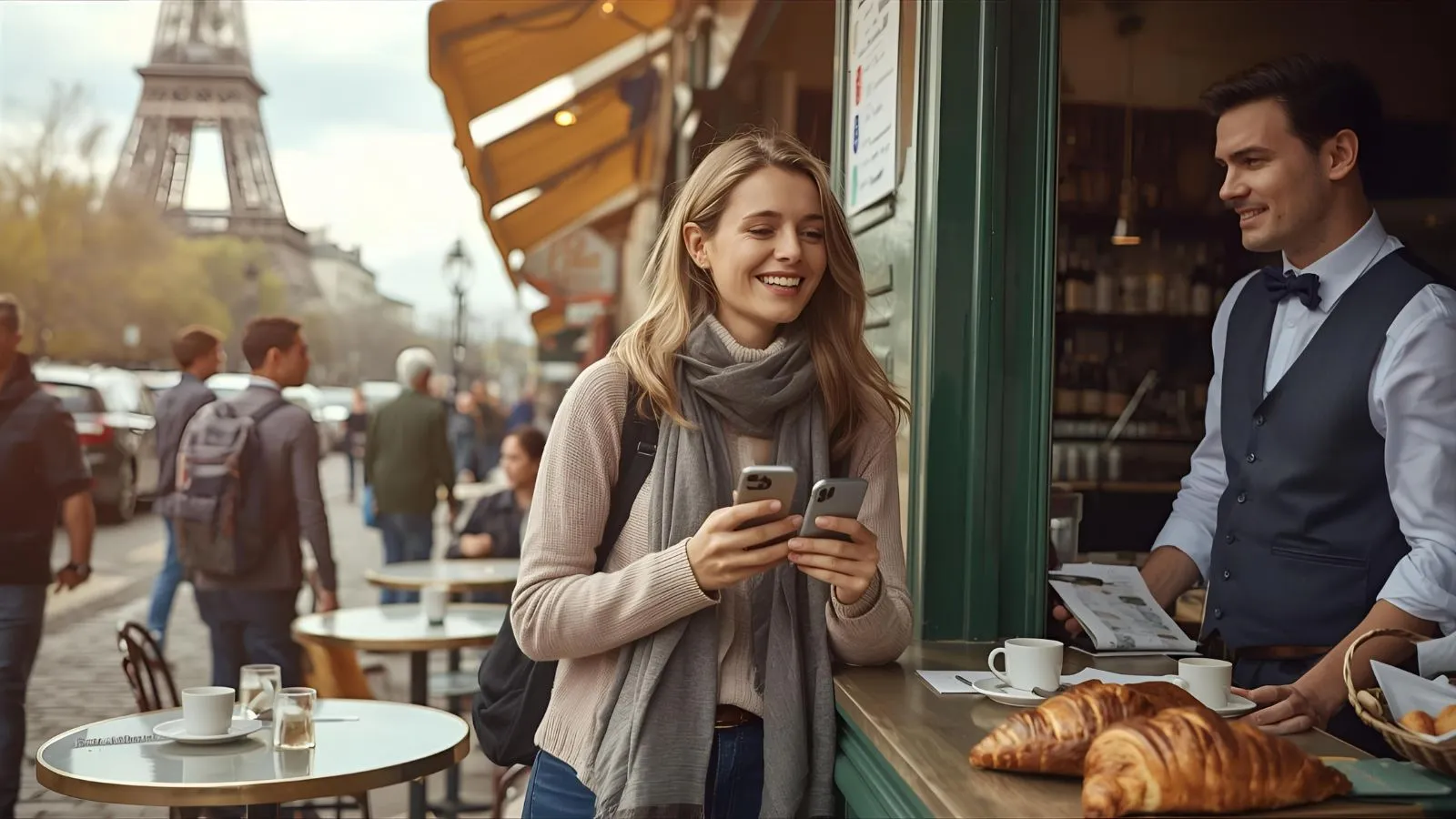
Leave a Reply